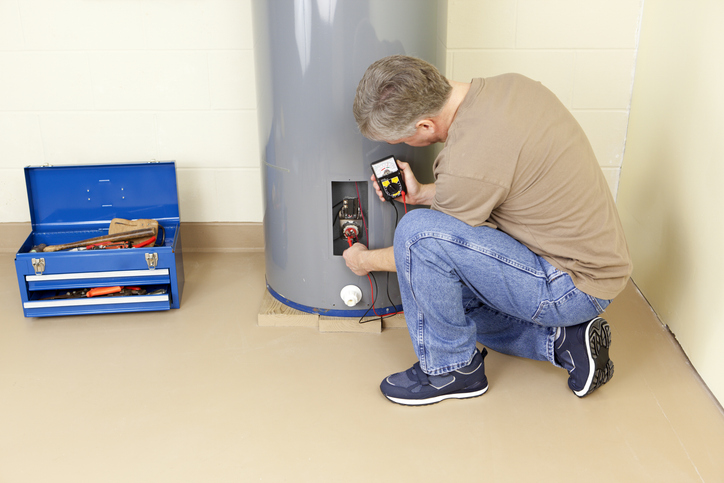Introduction
Gas water heaters offer reliable performance and energy savings, but installing or servicing them isn’t as straightforward as it seems. Homeowners seeking gas water heater services in Lockport, NY, must follow specific local codes to ensure safety, efficiency, and legal compliance. Skipping or misunderstanding these regulations can result in fines, operational issues, or even hazardous conditions.
Codes vary by location, but most are rooted in national guidelines adapted to local needs. From venting requirements to seismic restraints, every detail matters. If you’re planning a new installation, replacement, or service appointment, being aware of these rules ahead of time can save you from costly surprises. Here’s what you should know about local code requirements and how they affect your water heater setup.
Local Codes for Gas Water Heater Services
1. Ventilation and Combustion Air Requirements
One of the most critical aspects of code compliance is ensuring your gas water heater has proper ventilation. Local codes mandate specific venting materials and pipe angles to safely expel combustion gases outdoors. Additionally, the heater must have enough combustion air, especially in enclosed spaces. Lack of air can cause incomplete combustion, leading to dangerous carbon monoxide buildup. Hiring a professional ensures venting design meets both safety and legal standards.
2. Earthquake Straps and Seismic Safety
Although earthquakes are not frequent in Western New York, local codes still require safety measures like seismic strapping. This rule is especially relevant for taller water heaters, which can tip during structural shifts or vibrations. Strapping the unit securely to the wall prevents damage to gas lines and potential flooding. It’s a minor detail, but one that can prevent major issues and is strictly enforced during inspections.
3. Temperature and Pressure Relief Valve (TPR) Placement
All gas water heaters must have a functional temperature and pressure relief (TPR) valve as per code. This valve protects your home from tank overpressure by releasing excess water safely through a discharge pipe. The placement and length of the discharge pipe are also regulated. It should be directed toward the floor and end a specific distance from the ground. Improper installation can result in inspection failure and safety hazards.
4. Permit Requirements and Inspections
In most cases, you can’t install or replace a gas water heater without first obtaining a permit from the City of Lockport, New York. Local officials may inspect your unit during or after installation to verify code compliance. Homeowners attempting DIY installations often overlook this step, risking fines and insurance issues. Whether you’re upgrading or switching to a tankless water heater replacement in Lockport, NY, permits and inspections are essential.
5. Gas Line Sizing and Shut-Off Valves
Local plumbing and mechanical codes dictate specific requirements for gas line sizing and shut-off valve placement. If the gas line is too small, the heater won’t operate efficiently—or worse, won’t light at all. Shut-off valves must also be accessible and clearly labeled for emergencies. These requirements are non-negotiable and often updated, so always consult a licensed technician familiar with local law.
Getting the most from your water heater starts with ensuring it’s installed and serviced according to code. These regulations are in place not to complicate things, but to protect your home and family. From venting safety to proper gas line connections, each element plays a role in long-term performance and peace of mind. If you’re planning to schedule a service, choose a provider who understands and adheres to these local codes.
Conclusion
Call The Plumber Heating and Cooling at 716-299-8811 to schedule our reliable, code-compliant services.
📌Visit The Plumber Heating and Cooling for reliable plumbing, heating, and cooling solutions — fast, friendly, and local service you can count on.
